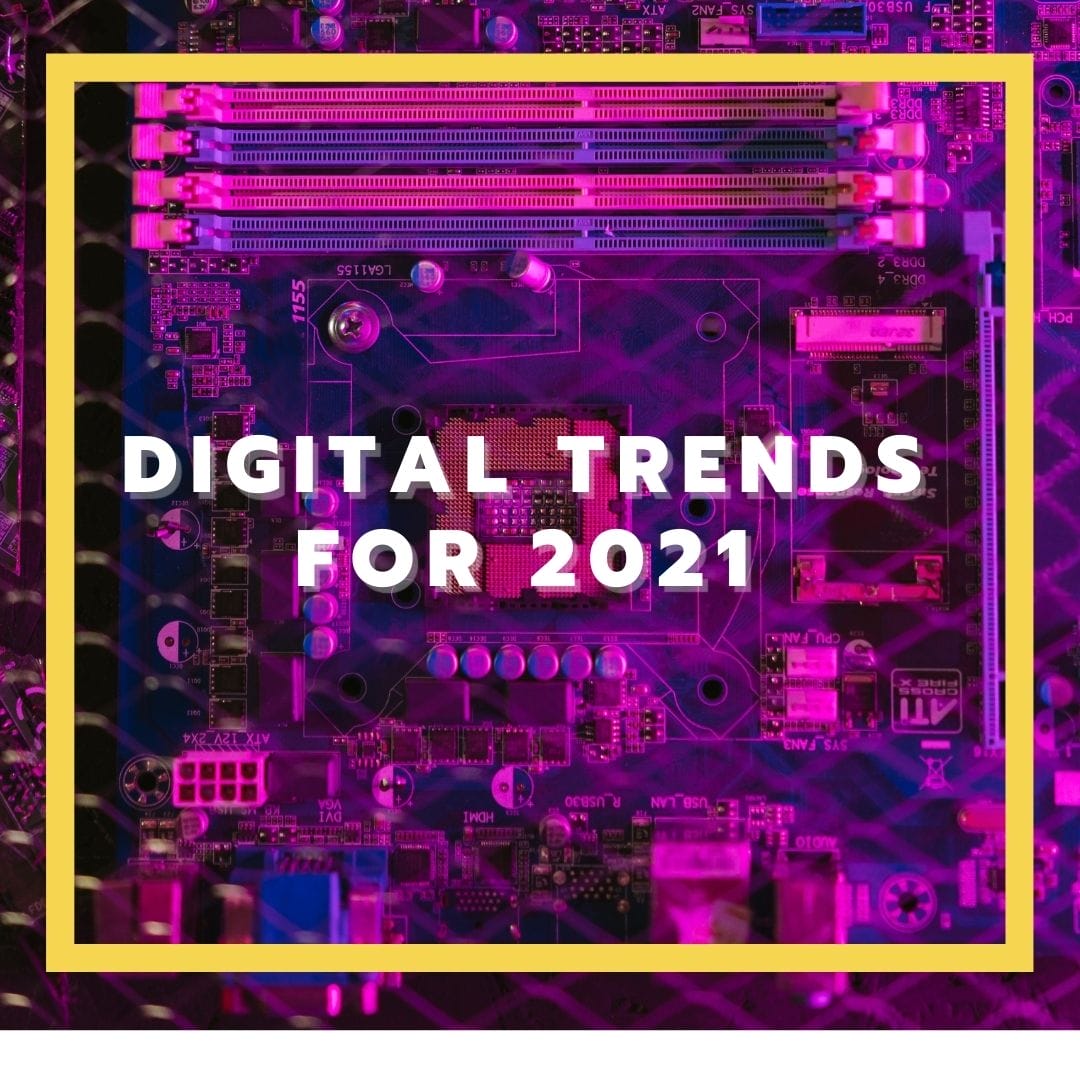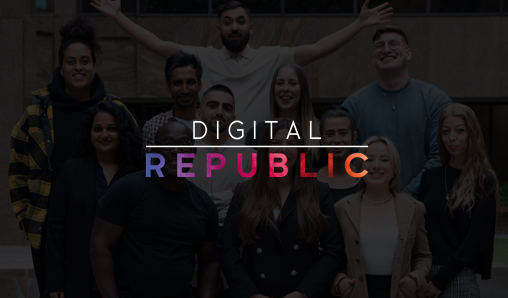
An Inside Look at the Impact of Covid-19 on Digital Agencies
How has life changed for digital agencies, and how are they adapting to the new normal? A survey finds out.
By now, you certainly don’t need to be reminded of how the coronavirus pandemic is changing the world. The effects are everywhere, in the way we work, play and rest.
Naturally, digital agencies are among those that are learning to cope with this unprecedented situation. At Uplers, they are uniquely placed to see how this has affected the lives of agencies and businesses at large.
That is why they decided to conduct a survey to understand the issues and learn about how digital agencies around the world are dealing with them.
The insights that have emerged will, they hope, provide a route map for businesses to make informed decisions.
Uplers reached out to over 130-plus agencies, large and small, in countries across the globe. These businesses had employees numbering from 1-5 to 25-100.
Half of those who responded were CEOs, and 20% were other senior management. They willingly shared their experiences, insights and learnings in order to help the larger agency community.
The responses show that all have been impacted by Covid-19 in one way or another. The crisis and its effects are not going to go away anytime soon.
The key learnings
In a nutshell, the top-line findings were that:
- 57% of agencies felt that the impact of Covid-19 would last for more than six months.
- 66% experienced a decrease in overall revenue. However, 16% saw an increase.
- 58% of agencies became more flexible in client terms, and 28% reduced their fees.
- 80% said that they would explore, continue or increase their investment in outsourcing.
Let’s dig deeper into the findings and see what trends and lessons emerge.
Most agencies believe Covid-19’s impact will last from six to 12 months. It seems clear that there is going to be a new way of working from now on, and agencies need to prepare for this.
Among geographies, it was Australia and New Zealand that were the most optimistic.
- 43% of Australian agencies expect the impact to last from three to six months.
- 40% agencies in the USA expect the impact to last for six to 12 months.
Janelle Strickland of Little Bird Online Marketing commented: “A financial downturn can affect agencies in waves, so if you are not impacted in this first wave, it may come later down the track – especially if this impacts the economy for six-plus months. So stay focused on what you’re doing, continue to watch costs, and adapt as the market requires.”
Of the agencies surveyed, 66% witnessed a decrease in overall revenue. However, 16% actually saw an increase. The ones more heavily impacted by this aspect were smaller agencies, with under 25 employees.
It’s been widely noted that the use of technology has played a significant role in these times. This is also reflected in our survey. Among sectors, technology saw the most growth, with a rise of 16%. Then, there was e-commerce and healthcare, at 15% and 14%, respectively.
Sectors negatively impacted were consulting and legal services, and manufacturing. Manufacturing fared the worst, at 5%.
What happened to lead generation?
Almost half (47%) of the agencies surveyed experienced a fall in marketing leads. However, 27% actually saw an increase. For a majority of the agencies, it was a challenge to make up for the downturn by winning new business.
A significant insight that emerged is that 90% of the agencies whose leads increased actively spent on marketing across multiple channels. They were able to capitalise on new openings by taking advantage of reduced competition.
Allison Duine of Intersection Online, Inc makes an interesting point when she says: “I think this is an opportunity for businesses to embrace downtime to update design and marketing initiatives.”
There was a spectrum of approaches to combat the crisis: 29% of agencies said they would explore new services for their current clients and an equal number said that they would explore new channels for new businesses.
Among the approaches were:
- Reducing costs by bringing all work in-house.
- Presenting new services to clients via cross-selling and up-selling.
- Reaching out to new clients and industries.
- Exploring outsourcing for its advantages of cost-efficiency and flexibility.
For clients, the most recommended digital marketing channels were:
- Email marketing (15%)
- Web development (13%)
- Blog content (13%)
- Paid social (13%)
Almost one-third of agencies recommended new marketing messages and recommended that their clients increase digital marketing spend.
Offering flexibility to clients
Because of the new and difficult situation, agencies were more open to a greater degree of flexibility in client relationships. Over half offered flexibility in contract terms and 28% actually reduced fees.
At 31% of respondents, UK and European agencies offered the most price reductions. And mid-sized agencies provided the most flexibility in contract terms.
A full 80% of the agencies said that they would either explore, continue or increase outsourcing. In fact, 80% of the agencies who saw above 30% growth in their revenue are outsourcing.
The reasons for this are not hard to find out. During these testing times, outsourcing can:
- Help in client retention because of increased profit margins.
- Reduce workload management because outsourced teams allow for a pause in operations and easy re-engagement.
- Provide the unmatched benefit of scalability, to quickly add resources when opportunities for work arise.
Big picture lessons for the future
The story that emerges is that all agencies have had to adjust to Covid-19 in some way or another. It will have a continuing impact and will shape operations well into the future.
The three main points to note are:
- The new normal has arrived, and we’re living in it. This is the time to adapt, not to wait.
- Skills need to be expanded, and clients offered a greater menu of services than ever before.
- The option of outsourcing ought to be explored more thoroughly because of its flexibility and risk-management abilities.
We must all march ahead with an attitude of optimism. As Julian Garcia Torres of Relevant Traffic said to us: “Never give up, stay strong, innovate and think out of the box.”
Originally posted on MarketingWeek and sponsored by Ublers
Found this blog interesting? You might enjoy reading this one too!
Cloud, data science, digital analytics, programmatic or optimisation expert, and looking for a job at the moment? Check out our latest vacancies here
Contact us submitting a quick form here. We are here to support you!



